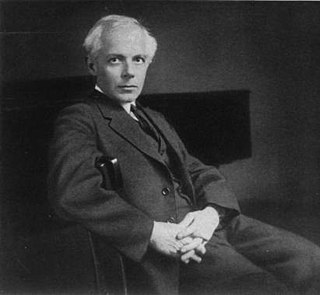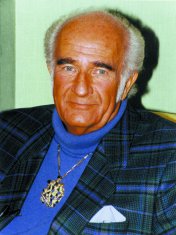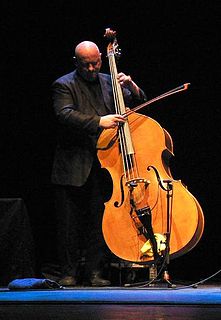A Quote by Bela Bartok
Our peasant music, naturally, is invariably tonal, if not always in the sense that the inflexible major and minor system is tonal. (An "atonal" folk-music, in my opinion, is unthinkable.) Since we depend upon a tonal basis of this kind in our creative work, it is quite self-evident that our works are quite pronouncedly tonal in type. I must admit, however, that there was a time when I thought I was approaching a species of twelve-tone music. Yet even in works of that period the absolute tonal foundation is unmistakable.
Quote Topics
Absolute
Admit
Always
Approaching
Basis
Creative
Creative Work
Depend
Even
Evident
Folk
Foundation
However
In My Opinion
Inflexible
Invariably
Kind
Major
Minor
Music
Must
Naturally
Opinion
Our
Peasant
Period
Quite
Self
Self-Evident
Sense
Since
Species
System
Thought
Time
Tone
Twelve
Type
Unthinkable
Work
Works
Related Quotes
Whenever you are in the world of the tonal, you should be an impeccable tonal; no time for irrational crap. But whenever you are in the world of the nagual, you should also be impeccable; no time for rational crap. For the warrior intent is the gate in between. It closes completely behind him when he goes either way
There are, however, composers whose music can only be heard in a chromatic sense. George Perle, for example, wrote pieces that you might think of as leaning in a tonal direction but it's very hard to register a pitch as, say, the sixth degree of a scale, whereas in much of my music I think that's often relatively easy to do.
I was a regular kind of academic music student. I was at Juilliard. I had to study all the contemporary music of the time, and changing that language very radically was just a sign or a signal that I was going to try to do something very different. I find that that's what I feel closest to. I found no real inner response in me in a non-tonal language.


































